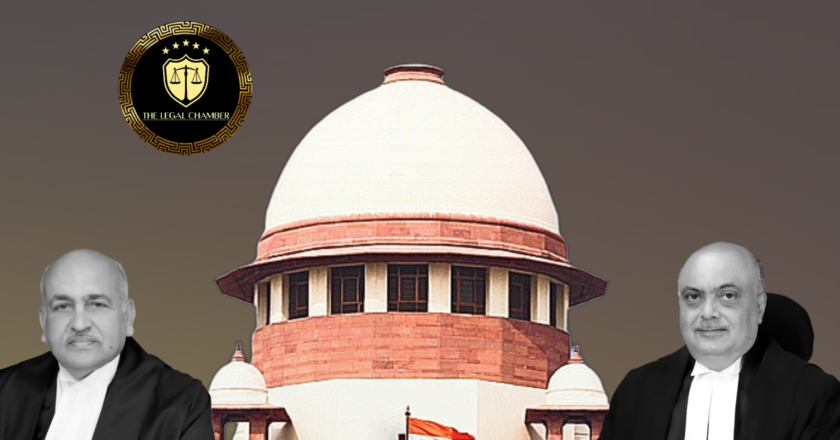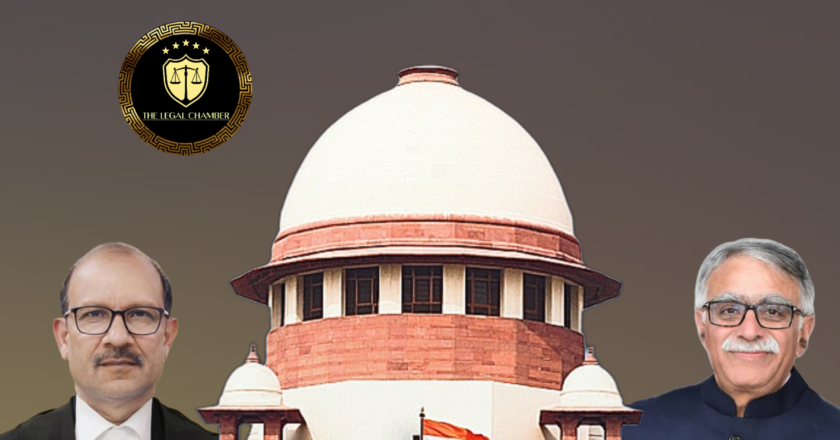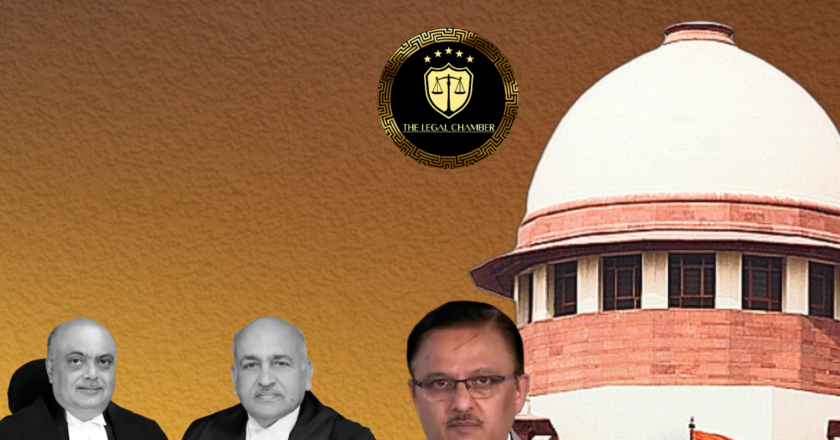Landmark Judgment: Supreme Court Highlights Importance of Fair Trial in Corruption Cases
The Supreme Court acquitted the appellant, overturning the High Court's conviction under Sections 7, 12, and 13 of the Prevention of Corruption Act, 1988, and Section 120B IPC. The Court held that the prosecution failed to prove demand and acceptance of bribe beyond reasonable doubt, citing material contradictions, lack of corroborative evidence, and procedural lapses in the trap proceedings. It emphasized the double presumption of innocence in acquittal appeals and ruled that conjectures cannot substitute legal proof. The judgment reaffirmed that mere recovery of tainted money, without conclusive proof of demand, is insufficient for conviction under anti-corruption laws.
Facts Of The Case:
The case involved M. Sambasiva Rao, an Assistant Administrative Officer at United India Insu...


